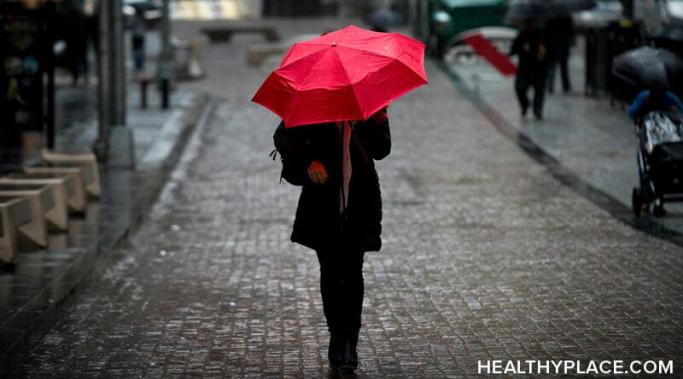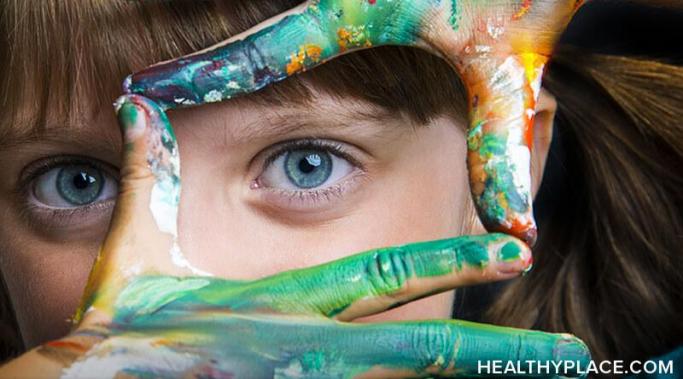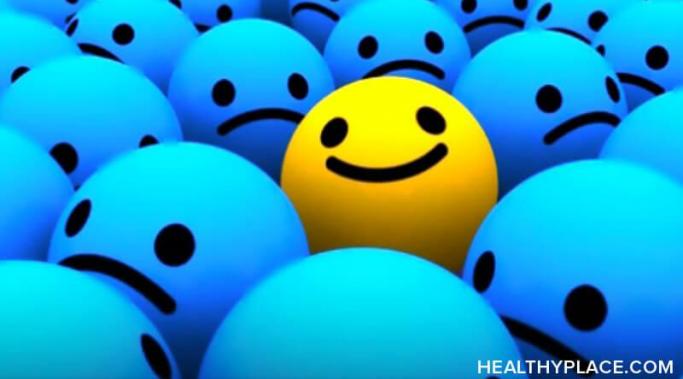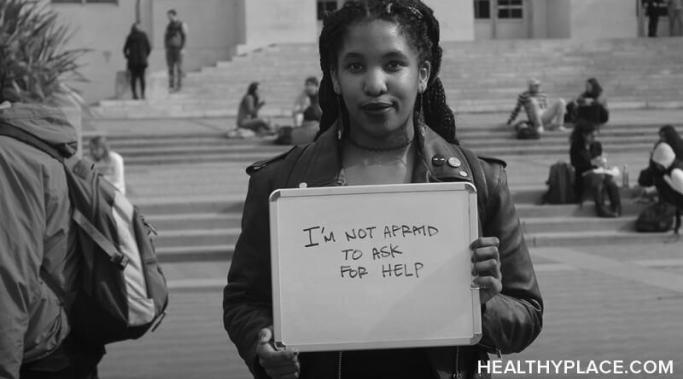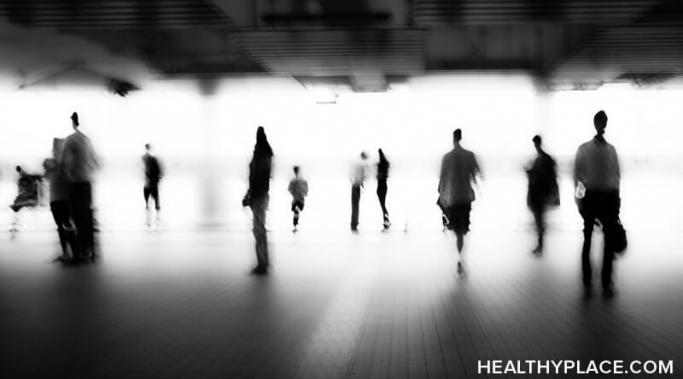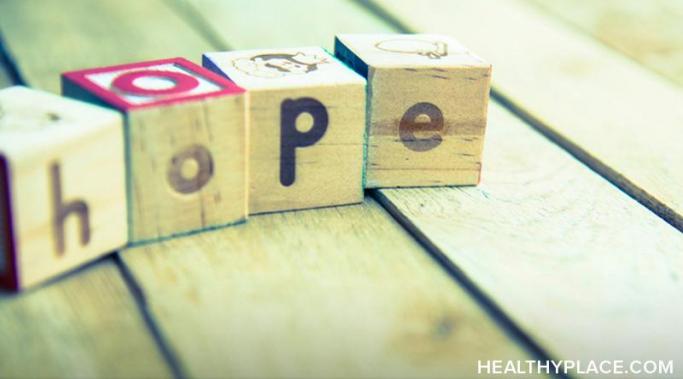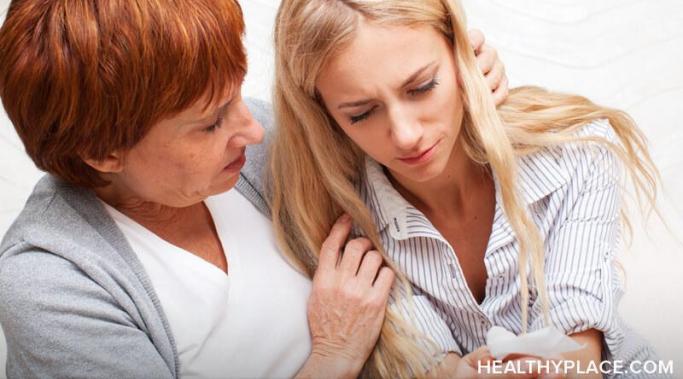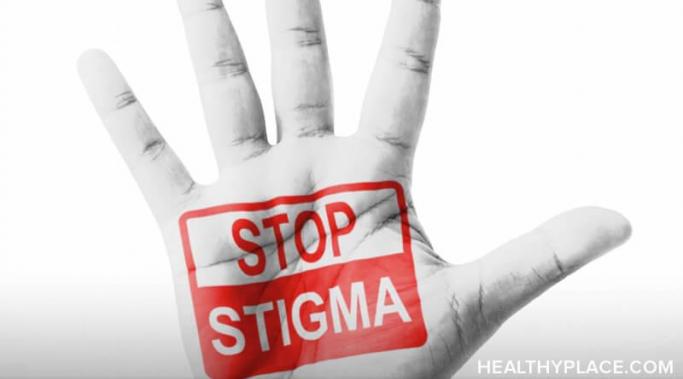I fake normalcy because having a mental illness is isolating and makes me feel different. Facing the outside world can be difficult. Here are five coping methods (positive and negative) I noticed I do when I leave the house that help me fake normalcy.
Mental Health Advocate
Using creative projects for mental illness recovery helps me immensely. The arts have played an integral part in my recovery from schizoaffective disorder. It all started with a five-week stay at a treatment center where I received my initial diagnosis. There was a lot of downtime at the center and I was frequently digging through their stash of art supplies. I had frightening visual hallucinations and found it very therapeutic to draw them.
Mental illnesses are devastating. Even when the dust settles after your initial diagnosis, it's hard to see how there can be anything positive about mental illness. However, recovery is full of surprises.
Unfortunately, stigma is real, and it's dangerous. It is visible in public, and it comes full circle affecting patients and professionals alike. Stigma keeps mental illness in the dark and misunderstood, and often prevents sufferers from seeking the help they need.
My psychosis story is a huge part of my life. I have experienced hallucinations for as long as I can remember. As a teenager and young adult, finding explanations for what I was seeing and hearing became my quest.
Seeing a psychiatrist for the first time can be scary. But everyone around me knows that I'm very open about my experience receiving mental health treatment, so I talk about it. I work as an advocate for recovery. Many friends and family have asked me for insight when it comes to asking for help. I am always happy to provide encouragement and support, even if you're seeing a psychiatrist for the first time.
I love being a mental health worker in Toledo, but I see our city named on all sorts of lists: "most stressed-out cities," "high violent crime rates," and even "least-livable cities."
My mental illness is part of my identity because of its huge impact on my life. When I was first diagnosed with schizoaffective disorder, I thought everything in my life could go back to the way it was before my symptoms got out of hand. I didn't know my life would take a sharp turn in a different direction.
Knowing how to give mental health first aid for suicide prevention is important for everyone, but we often don't know how to do it. After graduating from a community college in 2014, I accepted a position as a peer support specialist at a local mental health agency. Prior to this job, I worked at a group home, and the training was very similar -- first aid, CPR, and nonviolent crisis intervention. However, my new position also required Mental Health First Aid, a formal eight-hour course on how to respond to someone in crisis. The Mental Health First Aid intervention can be crucial in suicide prevention and getting someone the appropriate help they need.
